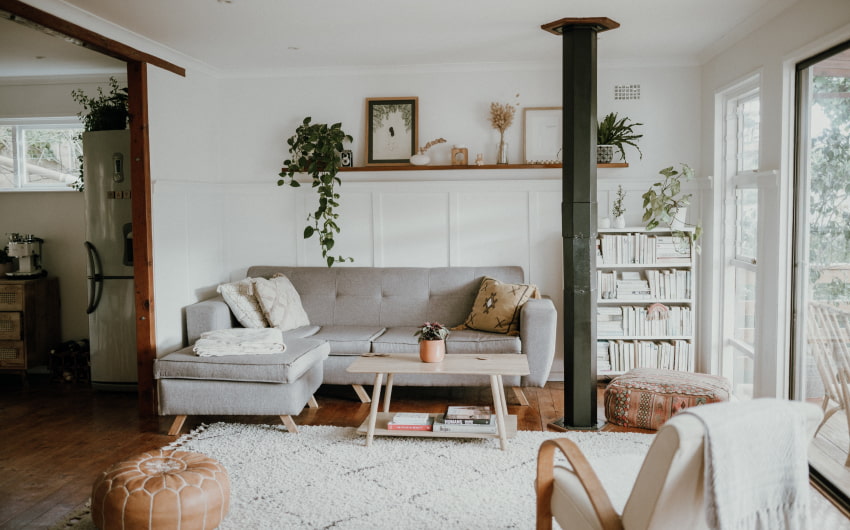Scandinavian home design has taken the world by storm with its simplicity, functionality, and undeniable beauty. Known for its light-filled spaces, minimalist aesthetics, and the perfect balance between comfort and style, Scandinavian homes are the epitome of modern living. If you're looking to transform your space into a Scandinavian sanctuary, this guide will walk you through the key elements, helping you create a home that feels fresh, inviting, and uniquely your own.
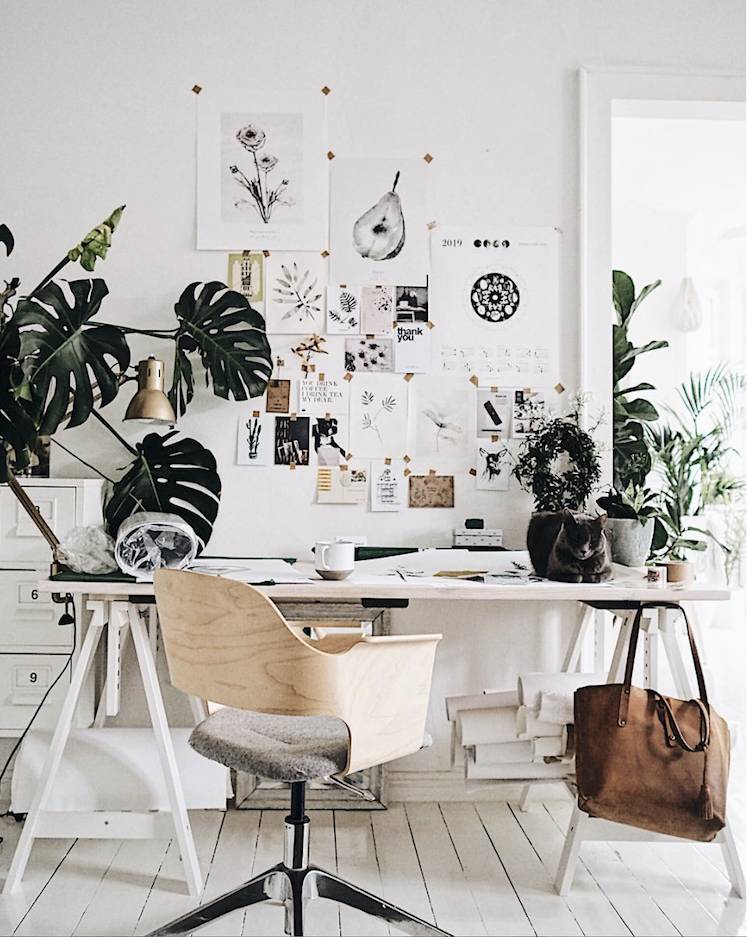
1. Scandinavian Color Palette:
Scandinavian homes are known for their clean and neutral color palettes, often featuring white, gray, and muted tones. These light colors reflect natural light, making spaces feel bigger and more open. Accents in soft blues, greens, and occasional pops of black add contrast without overwhelming the space. The goal is to create a calm and serene environment, where each element contributes to the overall harmony.
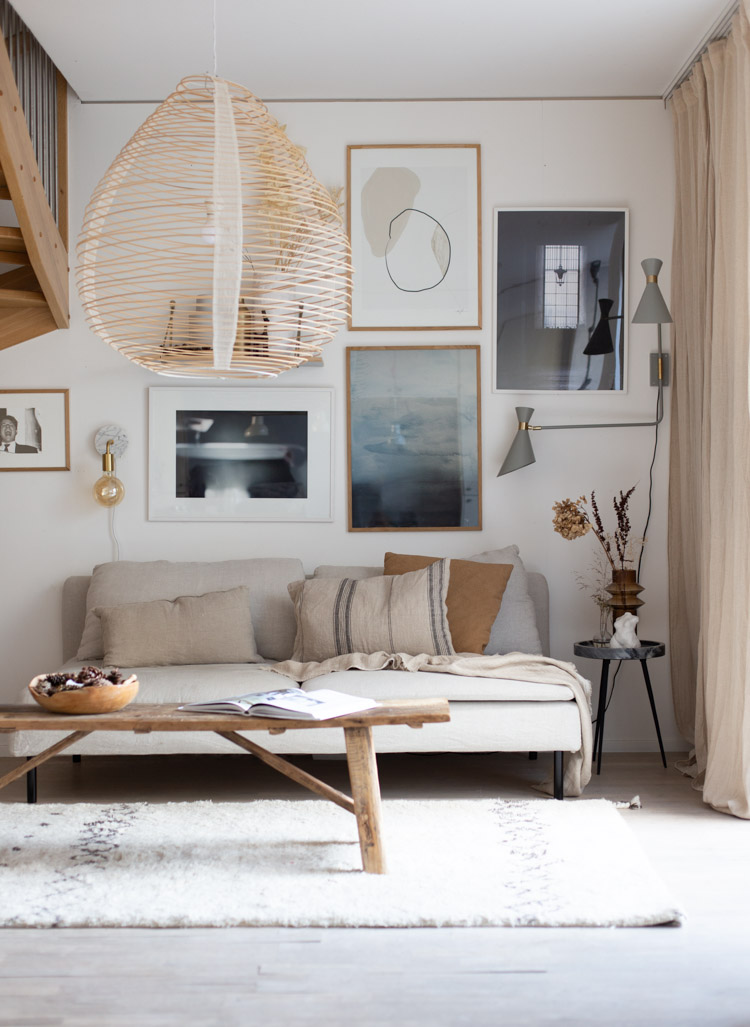
2. Minimalist Furniture:
Furniture in Scandinavian homes is all about simplicity and functionality. The pieces are often sleek with clean lines, free of unnecessary ornamentation. The furniture tends to be multifunctional, serving both practical and aesthetic purposes. Think of items like wooden tables, simple chairs, and sofas with subtle upholstery, all designed to make your space feel uncluttered yet cozy.
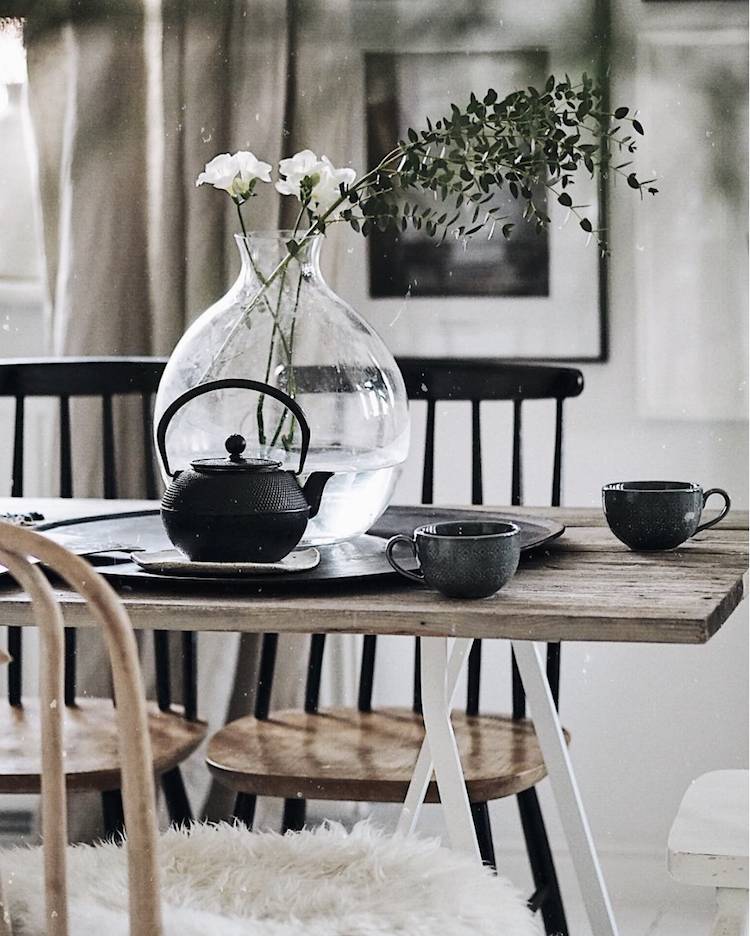
3. Natural Materials:
Scandinavian design is deeply rooted in nature, and this is reflected in the choice of materials. Wood is a dominant material, whether it's in flooring, furniture, or decor accents. It brings warmth to the often cool color schemes. You’ll also find other natural elements like wool, cotton, leather, and stone used to create texture and contrast within the space.
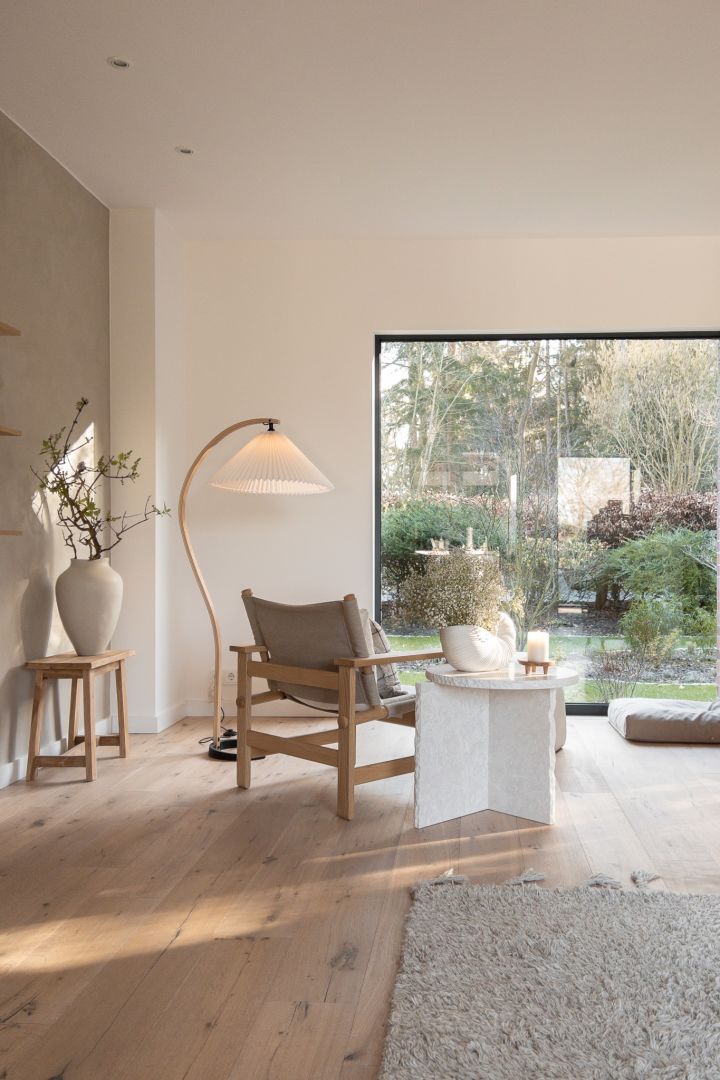
4. Hygge-Inspired Comfort:
Hygge, the Danish concept of coziness, plays a significant role in Scandinavian homes. It's all about creating an atmosphere where you can relax and feel at ease. Layering soft textiles like wool blankets, faux fur throws, and knitted cushions helps to achieve this cozy vibe. Lighting is also key to setting the mood, with candles and soft lamps often used to add warmth during colder months.
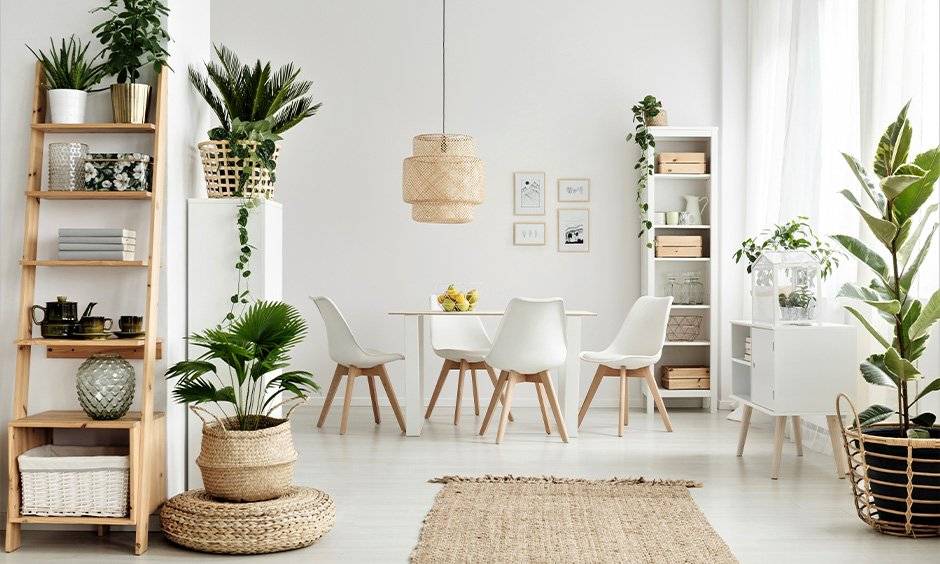
5. Open Space and Natural Light:
Scandinavian homes prioritize open floor plans that allow for a smooth flow between different areas. This creates a sense of airiness and maximizes the available space. Large windows without heavy curtains let in as much natural light as possible, a necessity in northern climates where daylight is limited during winter months. This influx of light keeps homes feeling bright and cheerful even on cloudy days.
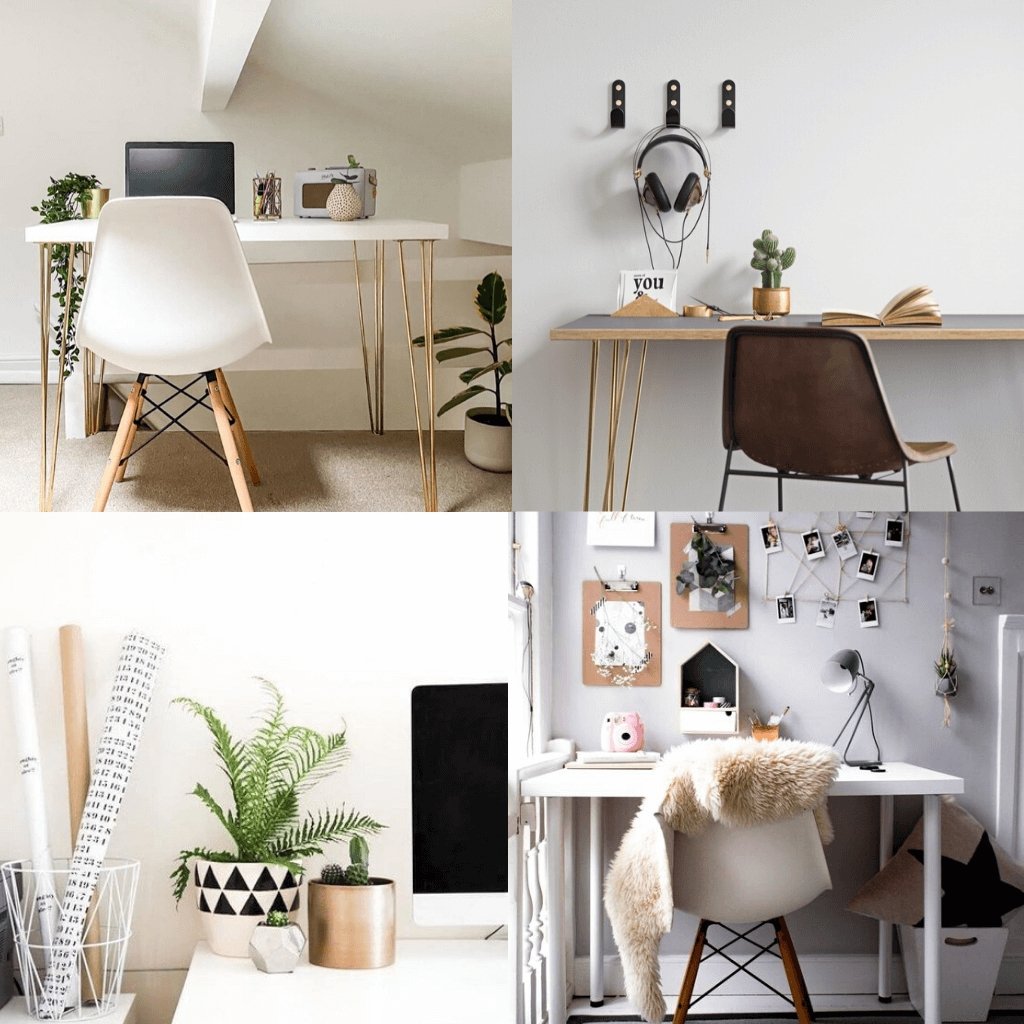
6. Functional Storage Solutions:
Clutter is the enemy of Scandinavian design. In order to keep things tidy, Scandinavian homes utilize clever storage solutions. Built-in shelving, hidden cabinets, and storage benches are just a few ways these homes maintain their clean and organized look. The storage solutions are often integrated seamlessly into the design, making them both functional and aesthetically pleasing.
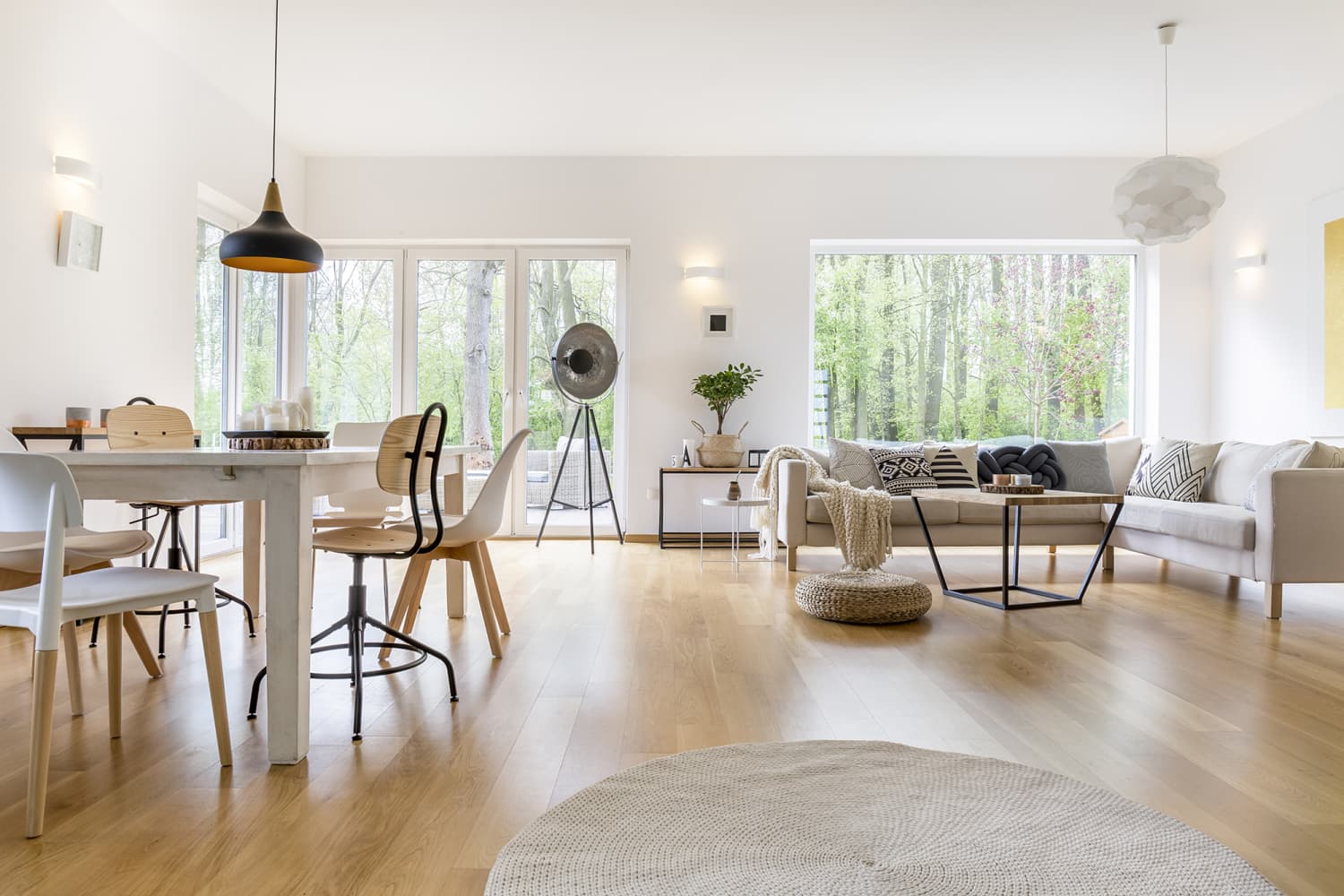
7. Indoor Plants for a Breath of Fresh Air:
Bringing the outdoors in is a key aspect of Scandinavian design. Houseplants are a popular addition, not just for their aesthetic value but also for their health benefits. Plants like ferns, snake plants, and peace lilies are often found in Scandinavian homes, contributing to the fresh and airy atmosphere. Their greenery offers a natural contrast to the otherwise neutral palette.
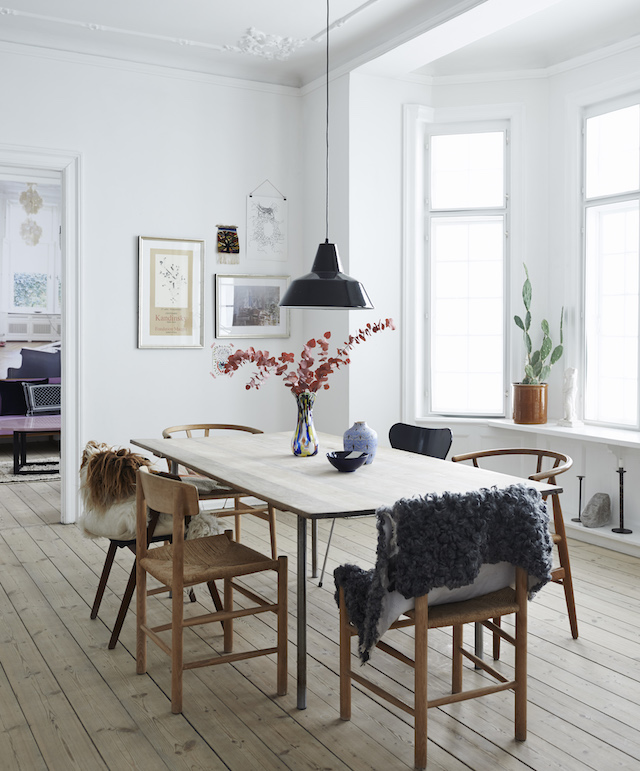
8. Scandinavian Artwork and Decor:
Scandinavian home decor is understated but intentional. Wall art, sculptures, and ceramics in minimalist styles are common, but they are used sparingly. Rather than overwhelming a space with decor, each piece is chosen carefully to complement the room's simplicity. Artwork often features nature-inspired themes or abstract designs that blend seamlessly with the overall aesthetic.

9. Sustainable Living:
Sustainability is at the heart of Scandinavian design. From energy-efficient appliances to eco-friendly materials, the Scandinavian home embraces a greener lifestyle. Many homes incorporate elements like solar panels, sustainable wood, and organic textiles. This conscious approach not only benefits the environment but also creates a healthier living space.
